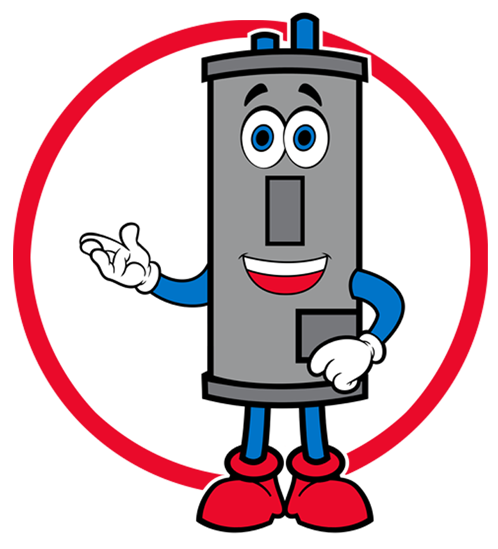BLOG
Check out our blog below!

Water Heater Repair Concerns
How To Tell If Your Home Needs a Water Heater
Repair & What To Do About It
Just saying the phrase “clean air” out loud can make you take a deep breath and think about what you’re inhaling into your body. We often associate clean air and pollutants with factories or exhaust from a bus, but indoor air quality in our homes and offices plays a crucial role in our health.
It is reported that there is 2-5% more pollution indoors than outdoors and that we spend 90% of our time indoors. As you can see, prioritizing air quality improvements in your home or business can improve health…and it’s easy!
First things first…what is Indoor Air Quality (AIQ)?
Indoor Air Quality refers to the condition/quality of air in homes and buildings. It can affect health and cause or worsen a myriad of raspatory issues. Learning how to best control indoor pollutants from things like smoking, mold, allergies and more can prevent illness.
To help readers learn more about this subject, we’ve compiled three easy steps to help improve indoor air quality.
1. Change your HVAC filters regularly
HVAC filters trap particulates as air cycles from indoor intakes and out vents. Filters should be checked and replaced regularly. When an air filter is covered with dust and other dirt, your HVAC system works harder to push air through to maintain the desired temperature on your thermostat. This is not only bad for your HVAC system (it could overheat or worse), but it also worsens the ventilation of your home. All these things can lead to a stuffy house and possibly make you more prone to existing allergies or illness.
Tip: After conducting some air filter research, we have found that for most, an inexpensive, 1″ fiberglass filter changed regularly will suffice. For those with allergies, you may consider a HEPA-rated filter capable of trapping smaller particles for improved indoor air quality.
2. Keep Your House Clean
We know, life happens. Kids toys pile up in the living room and tumbleweeds of our favorite pet’s hair float by with the slightest breeze. But next time you walk by the unused dining room table covered with dust, just remember that the more dust, dander, and debris in your home, the worse the air quality and the more your HVAC has to work to compensate for clogged vents and overly dirty filters. Keep floors swept and vacuums and be sure to dust frequently. Keep pet hair under control by brushing your pets to remove loose fur, or by using a vacuum cleaner designed to handle pet fur. Keeping counter tops, sinks, and bathrooms clean and dry can help to prevent the growth of household mold. Simply cleaning your home will improve indoor air quality and make your HVAC happier.
Tip: Using microfiber cloth or even a damp paper towel can help gather dust to remove from your home. This is better than simply pushing it around and into the air with a wand.
3. Open Windows
Take advantage of the good-weather days and let in some fresh air. Opening windows and creating some cross-ventilation is a great way to bring some fresh air into the house. But don’t’ forget about outdoor allergens! Pollen is usually not bad during the winter but be mindful of potential outdoor allergens that may come in the house. Indoor air quality is important for comfort and health.
Tip: Keep an eye on increased indoor humidity while keeping windows open in your home
If the above steps don’t help to improve indoor air quality, call WaterHeaters911 for a professional inspection of your HVAC system.
